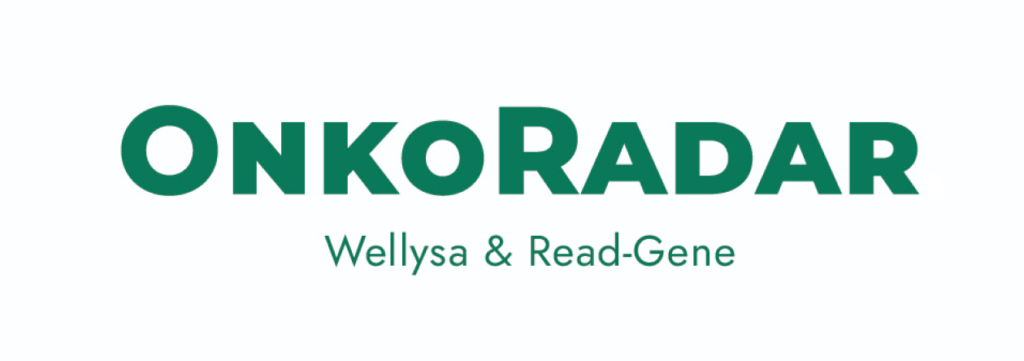For Men
Scientific research shows that the simplest way to reduce the risk of cancer is to combine three key elements:
1. Performing DNA tests in connection with the assessment of family history of cancer.
2. Regular check-ups, including assessment of the concentrations of key oncoelements in the blood.
3. Introduction of a healthy lifestyle
Structure of cancer incidence in men in Poland in 2022*
Prostate gland
Prostate
Płuco
Lung
Jelito grube
Colorectum
Pęcherz moczowy
Bladder
Żołądek
Stomach
Pozostałe
Other
* World Health Organization | International Agency for Research on Cancer | The Global Cancer Observatory “Globocan 2022” (2024-02-08): https://gco.iarc.who.int/media/globocan/factsheets/populations/616-poland-fact-sheet.pdf
DNA tests and family history
Mutations may appear in DNA, which are associated with a significant (even 4-5-fold!) increase in the risk of developing cancer, including prostate, stomach, kidney and pancreatic cancer.
The first step to increase the chance of a healthy life without cancer is to test for DNA mutations and check other parameters, such as the concentration of oncoelements in the blood. In connection with the history of cancer in the family, the parameters given above allow for a better adaptation of the preventive strategy to the individual situation of a given person.
Based on this procedure, the doctor can determine in which cancer risk groups a given person is.
Such understanding is also the basis for determining recommendations according to which a given man should start performing specific check-ups, such as checking the PSA level, prostate ultrasound, colonoscopy or gastroscopy, and with what frequency to do it to have a chance to detect the possible beginnings of the disease early enough. , where the probability of full recovery is the highest.


How to protect the male body against cancer?
It has been researched that there are many effective ways to reduce the risk of disease. These include:
1. Performing check-ups in accordance with personalized recommendations
2. Care for the correct concentration of key oncoelements in the body
Appropriate diet and supplementation can save your health and even life. Taking care of the correct concentrations of indicated oncoelements, such as Arsenic, Selenium or Zinc, can significantly reduce the risk of developing malignant tumors.
When a deviation from the norm is found during the annual control of oncoelement concentrations, appropriate actions should be considered to normalize the concentration of a given oncoelement, depending on the individual situation and risk profile. To change the concentration of these extremely important oncoelements in the body, an appropriate diet and/or supplementation is enough.
The OnkoRadar oncological prevention program is a convenient way to conduct a broad, cross-sectional examination of oncological risks and obtain an individual plan for the prevention and early detection of malignant tumors.
OnkoRadar Package
